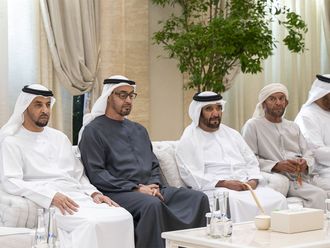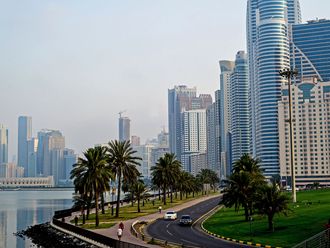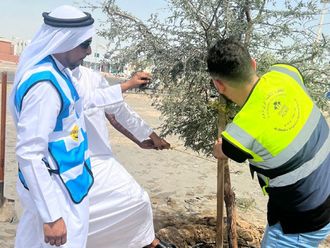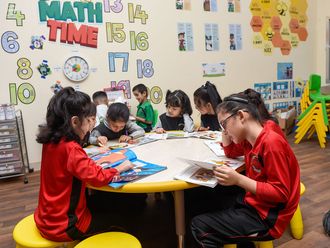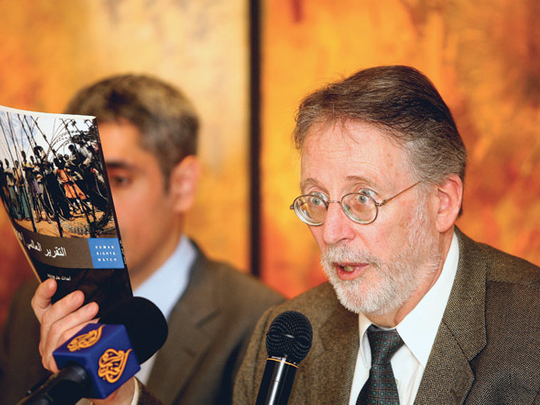
Dubai: Once again, the UAE has come under attack from New York-based Human Rights Watch (HRW), which has hurled sweeping accusations against the country regarding expatriate workers.
A report released by HRW in Dubai on Sunday ignored recent laws in favour of the workers. However, HRW officials admitted in private conversations that the situation had improved dramatically.
The report also said that the UAE's tolerance and ‘the positive attitude' of its government allowed the HRW to get first-hand information on the human rights situation in the country. At the same time, it criticised the authorities for "failing to adhere to international standards."
It added that no government — out of the 90 countries covered by HRW's 20th report issued in 2009 — has been spared the watchdog's criticism. The good news, it said, is that the UAE has been investing resources to improve the situation of expatriate workers by protecting their wages and providing enhanced living and working conditions.
Lot to be done
However, despite the "unmistaken improvement", the general view is still "unsatisfactory" and "a lot has to be done in order to improve the record of the country in this regard", according to Joe Stork, Deputy Director of HRW's Middle East and North Africa Division.
"In general, which government could claim a clean record? None," Stork said.
Asked which role model the UAE should follow in order to enhance its human rights profile, Stork refused to give an example, reasoning that every government in the world, including the US, had its achievements and lapses and that HRW's annual report was meant to record failures and alert governments to correct them.
Accusations of abuse against activists ranging from arbitrary arrest to denial of travel documents were also highlighted in the report.
However, Stork said that the UAE's record for 2009 is comparable to those prevailing in other countries in the region.
Read out by Samer Al Muscati of HRW's UAE section, the report focused on two topics — the rights of expatriate workers and freedom of press and association. It also covered cases of imprisonment for unpaid debts or corruption.
In May last year, HRW issued a report about working conditions on Al Saadiyat Island in Abu Dhabi in which it criticised the condition of expatriate workers on the island.
Overall condition
However, Sunday's review dealt with the overall condition of workers ranging from unsafe working environments to withholding travel documents.
According to Muscati, the report highlighted four issues for the government to act upon in order to improve the situation. They include human rights and other peaceful activities, allowing associations to establish freely and establishment of an independent body to investigate torture by authorities and individuals.
Muscati urged the government to ratify the UN Convention against Torture and Other Cruel, Inhuman or Degrading Treatments or Punishment.
He also urged the government to establish an independent commission to investigate and publicly report on the situation of expatriate workers.
The report called on the UAE government to ban companies from doing business with recruitment agencies that charge workers fees to secure working permits in the Emirates.
"Labourers coming to the UAE are charged a hefty amount of fees under different names including visas and securing of employment contracts. The government must introduce a law to criminalise such illegal behaviour ..." he said.



